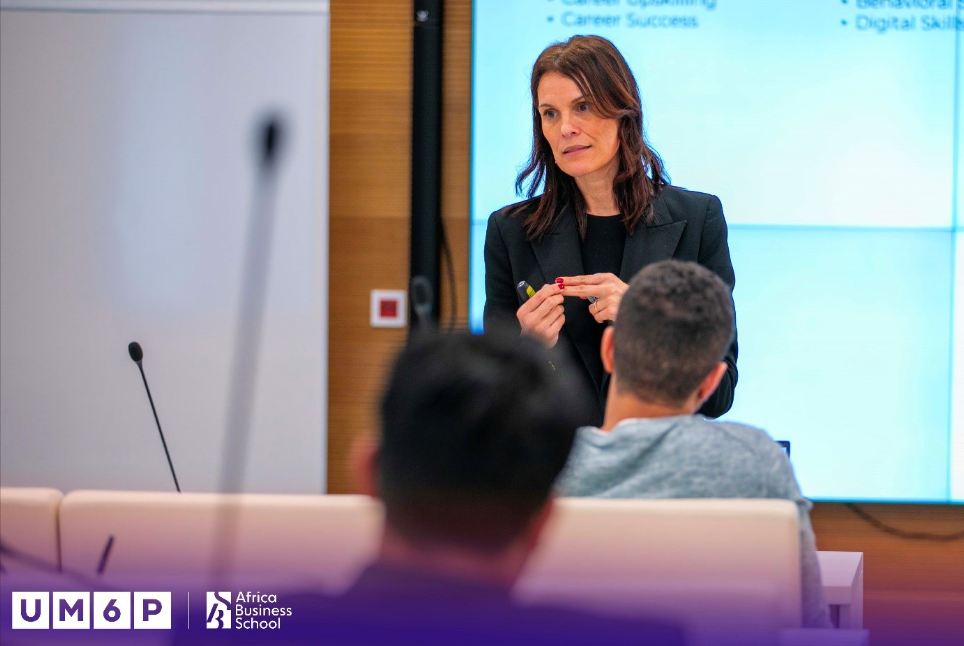In an era defined by relentless change, disruptive technologies, and global uncertainty, the nature of leadership is being redefined in real time. Last week, we had the privilege of hosting a powerful session led by Lucia Egea, Vice Dean at IE Business School, titled “Masterclass in Adaptive Leadership in an Era of Disruption.”
Lucia’s unique perspective blends years of experience across financial services, consulting, academia, and public-private partnerships. Her approach is deeply pragmatic—rooted in systems thinking, data fluency, and above all, a human-centered mindset.
Below are the key insights and reflections from the Masterclass—ideas we believe every current and aspiring leader should consider as we navigate this pivotal moment in history.
1
Decision-Making in the Age of AI
One of the session’s most striking takeaways was a simple yet profound shift: in high-performing organizations today, 85% of decision-making is supported by AI, while only 15% is left to pure human intuition.
But Lucia didn’t present this as a dystopian data point—quite the opposite. She framed it as a call to reimagine leadership, where technology acts as a co-pilot rather than a replacement. The implication? Leaders must learn to trust AI-generated insights, while developing the critical thinking and ethical frameworks to interpret them wisely.
She raised essential questions:
- Who governs the logic of AI-driven decisions?
- How do we onboard future employees into ecosystems where machines and humans collaborate by default?
- What systems of accountability must we build to ensure transparency and fairness?
Leadership, in this context, becomes less about control—and more about curation, oversight, and ethical stewardship.
2
Geopolitics as a Strategic Imperative
Lucia emphasized that geopolitical awareness is no longer optional. What once lived in the realm of policymakers and diplomats is now central to corporate strategy.
We explored how supply chain fragility, trade wars, and regulatory divergence are directly impacting business models. Organizations must proactively map not only their commercial exposure, but also their technological and human capital dependencies.
Lucia advocated for companies to establish internal geopolitical “red teams”—cross-functional groups tasked with scenario planning, stress-testing operations, and identifying early signals of disruption.
In a multipolar world, adaptability is the new stability. Strategic foresight is no longer a luxury; it’s a leadership responsibility.
3
Power Skills as Strategic Assets
The term “soft skills” has long been a misnomer. Lucia argued convincingly that in the AI age, these are not soft—they are mission-critical.
Drawing from the World Economic Forum’s 2025 Future of Jobs Report, she highlighted the top emerging power skills:
- Analytical thinking and innovation
- Resilience, stress tolerance, and flexibility
- Emotional intelligence and leadership
- Creativity, originality, and initiative
As routine tasks become increasingly automated, these deeply human capabilities are what will set leaders—and organizations—apart. Lucia challenged us to reinvest in developing these traits, not just in executives, but across all levels of the organization.
4
Human-Centered Leadership
Amid the high-tech conversation, one theme echoed louder than the rest: leadership remains a profoundly human endeavor.
Lucia spoke candidly about the need for empathy, psychological safety, and deep listening—qualities often undervalued in fast-moving environments, yet essential for sustainable innovation.
When people feel heard, trusted, and supported, they are far more likely to embrace change, take ownership, and contribute meaningfully. And when leaders demonstrate humility and vulnerability, they foster cultures of continuous learning.
As AI becomes more capable, the leader’s job becomes more human—not less.
Final Reflections: Disruption as a Call to Evolve
“Disruption is not something to fear—it’s something to prepare for, to understand, and to lead through.”
This requires a new kind of leadership—one that is:
Tech-savvy, but values-driven
Globally aware, yet locally responsive
Data-informed, but intuitively grounded
And above all, people-first
In many ways, this session highlighted that leadership is no longer about having all the answers. It’s about creating the conditions for collaborative inquiry, adaptive learning, and courageous experimentation.
In the age of disruption, our greatest competitive edge might not be how quickly we can predict the future—but how well we can respond when it arrives.


